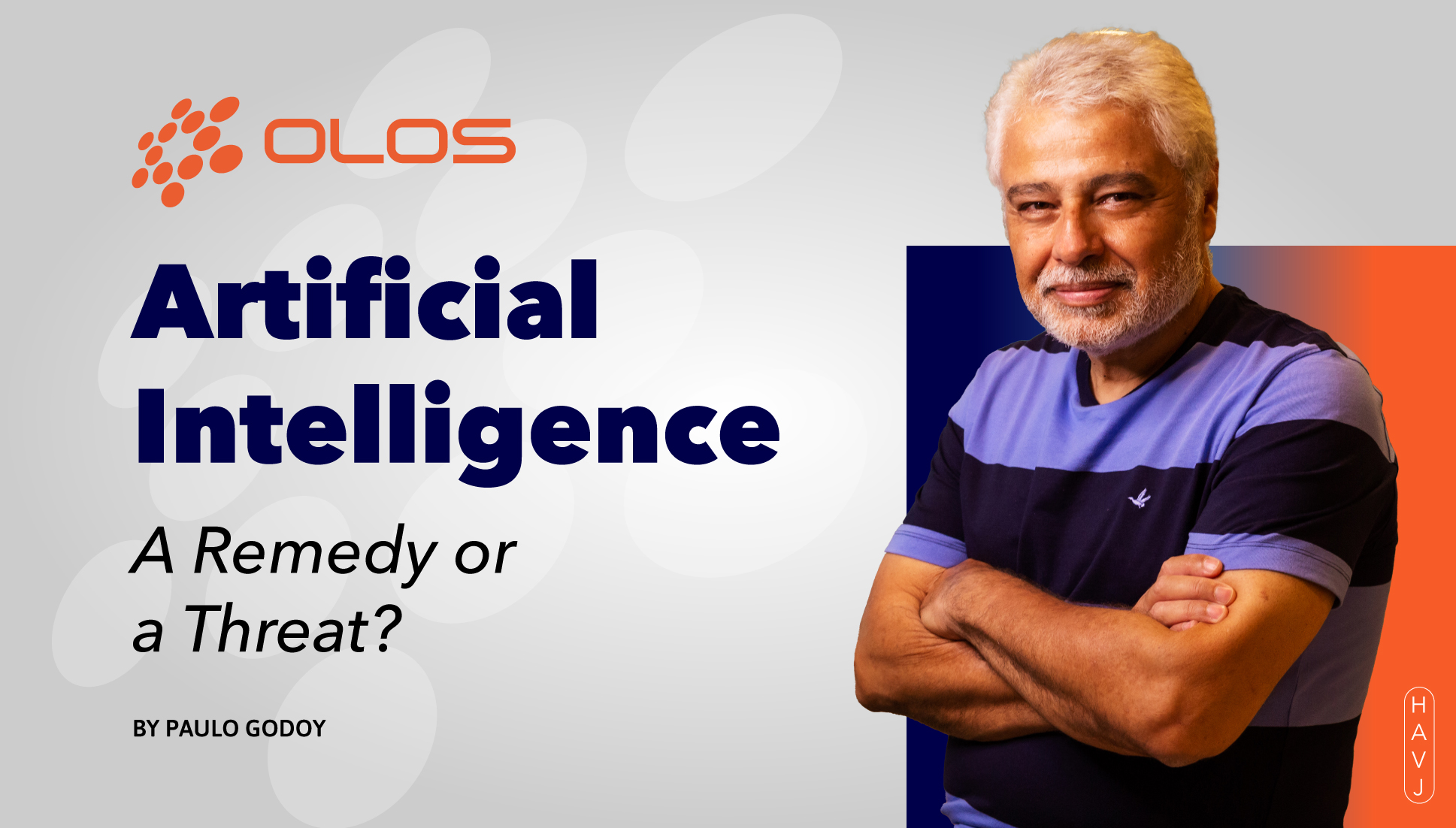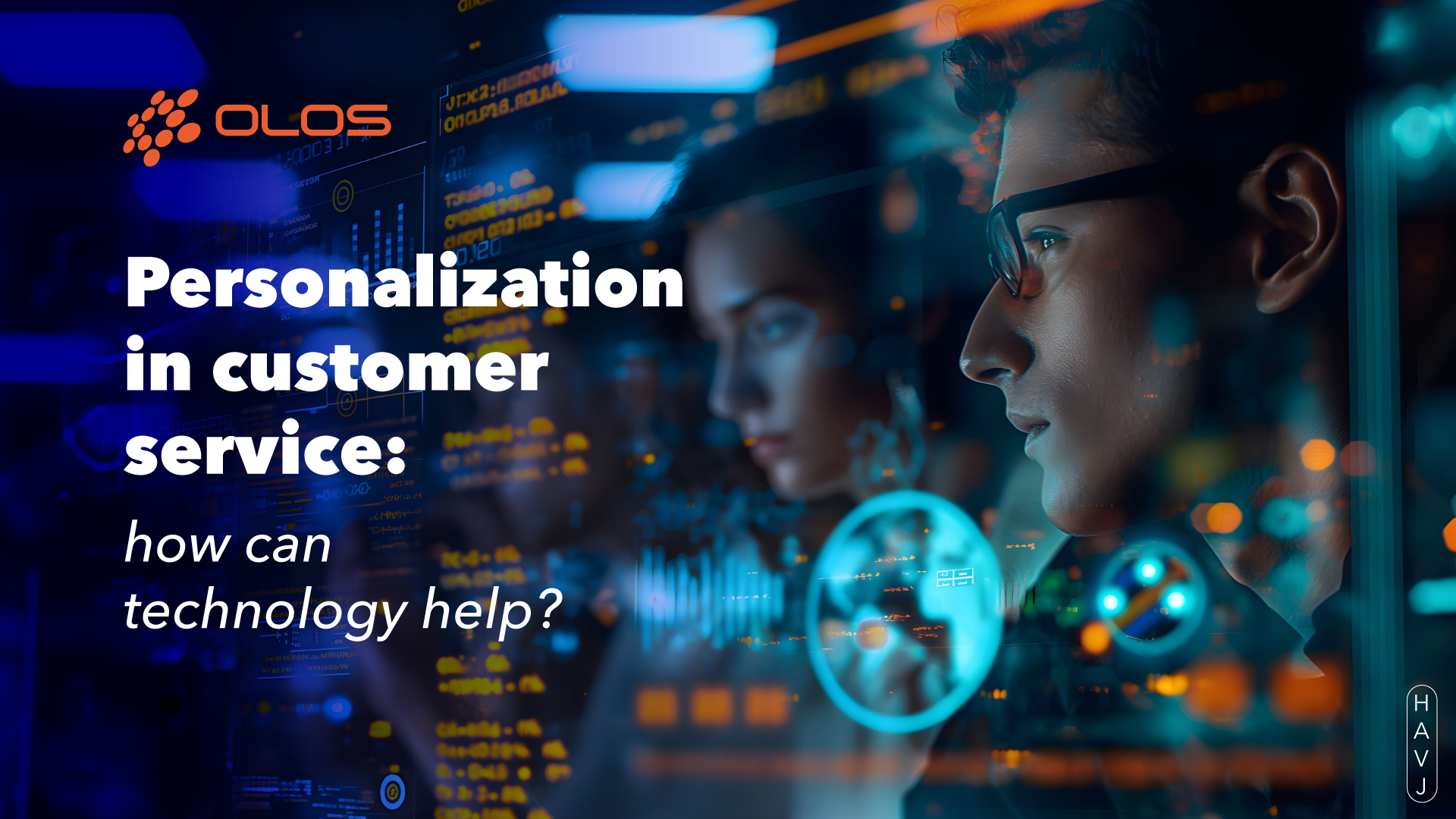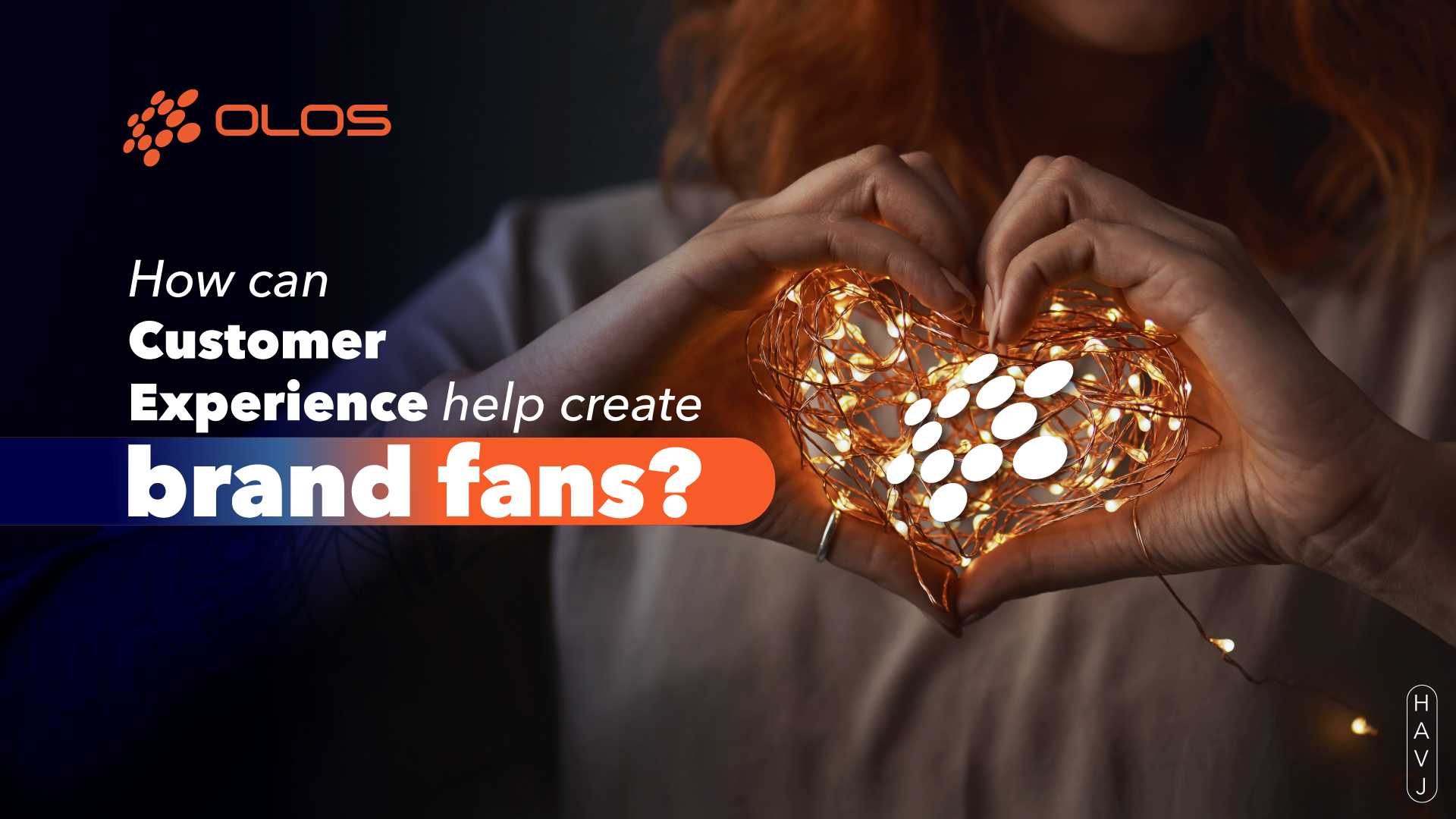Humanity has already experienced three remarkable industrial revolutions: the mechanical (beginning around 1760), the electrical (1870), and the computer (1950). Each of these revolutions profoundly transformed our lives, revolutionizing society in many ways. Technological advances over the past 250 years have brought about exponential changes, impacting areas such as social life, religion, economics, politics, culture, health, and education.
Certainly, the overall balance is positive when we look at the advances made in economic development, social progress, health and well-being, urban development and infrastructure, training, and individual opportunities. However, there have been negative impacts, some of which have been adjusted over time, while others remain with us to this day. Examples? Job insecurity, environmental impacts, wealth concentration, health problems, mental stress, depression, cultural degradation, and ethical and political implications.
To illustrate this scenario, one day, in the middle of a conversation about technology, a colleague who is an expert in Artificial Intelligence made a comment that really made me think:
“Paulo, sometimes we don’t realize the incredible technological advances we have at our disposal in the areas of transportation, communication, health, education, and entertainment. Most people today enjoy unimaginable resources, even compared to the luxuries of the reign of Louis XVI.”
I readily agreed. It is surprising to think that, in many ways, our quality of life today far exceeds that of the most glorious eras of ancient monarchs. We live longer and better, enjoying technologies and comforts that would make any king of the past envious, but we don’t have to go that far back in time. I am a Baby Boomer, and during my lifetime I have experienced countless technological impacts that have changed human behavior.
But now, a fourth revolution is on the horizon: the Artificial Intelligence (AI) Revolution. This advance not only promises to continue this trend of transformation, but also raises complex questions about the future of humanity.
Will artificial intelligence be a remedy, improving our lives and solving complex problems, or will it become a threat, creating challenges, uncertainty, and more social inequality?
In healthcare, AI already plays a crucial role, assisting doctors in diagnosing diseases, developing new treatments, and personalizing care. In education, intelligent platforms adapt learning to the individual needs of students, promoting more effective teaching.
However, AI can also pose significant risks. The indiscriminate use of algorithms will certainly lead to job losses, increased social inequality, and even compromise personal privacy and security.
Adaptability: many professionals already use or will use AI as an auxiliary tool to increase productivity, improve quality, and achieve better results in their respective fields.
Professionals who work in routine or repetitive tasks, jobs without much added value, bureaucratic or operational work will mostly be replaced by AI. For example, professionals in customer service, banking, industry and manufacturing, transportation, and logistics will have their jobs put to the test.
The time is not far off when we will be talking about the large-scale use of AI in logistics and transportation with self-driving cars, app-based vehicles, and drones for parcel delivery. Can you imagine the social impact?
It is crucial that we approach this new phase with caution and responsibility. Governments, businesses, and individuals need to collaborate to regulate the development of AI, ensuring that its benefits are widely distributed and its risks and impacts are minimized.
Olos has been using AI for some time to develop and incorporate it into its products. However, we felt that these resources were restricted to certain areas of the company. We wanted the widespread use and engagement of the entire company in this new world. With the aim of explaining, demystifying, learning, and creatively using AI to develop our careers and businesses, Olos held a seminar for all Olyess employees. It was an afternoon where the entire Olos team welcomed speakers Paulo Silvestre and Paulo Grigorovski, two experts in the world of AI, to talk about this topic, welcoming, encouraging, and empowering our team. From overcoming fear and apprehension about information, interesting initiatives began to emerge in the use of AI in everyday life, positively impacting the company as a whole.
The fourth industrial revolution is here. How we navigate this new world will depend on the choices we make today. That is why it is essential that everyone is informed and aware, so that together we can shape a future where AI is an ally and not a threat.



